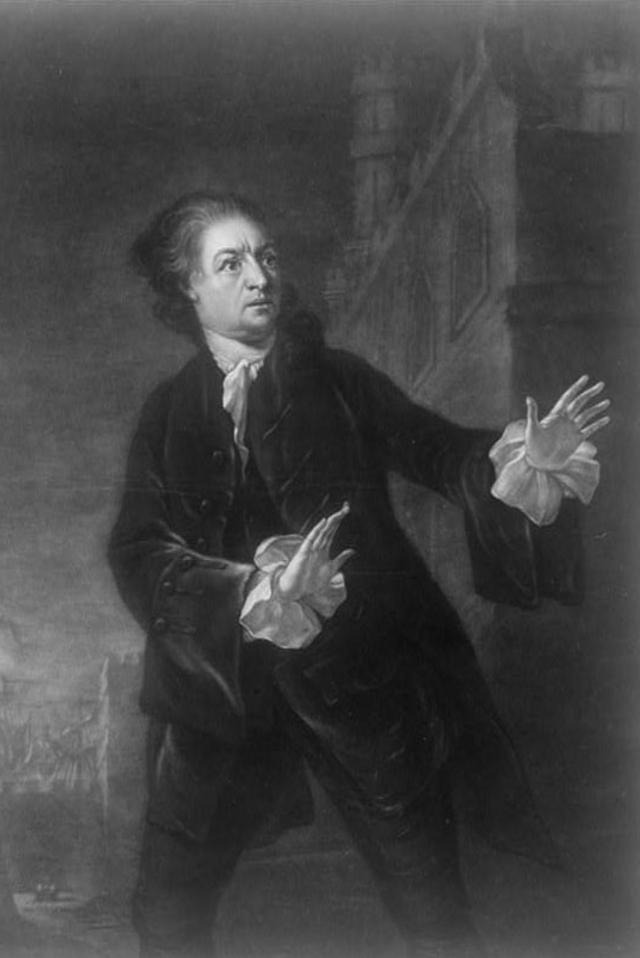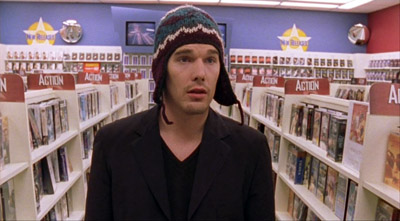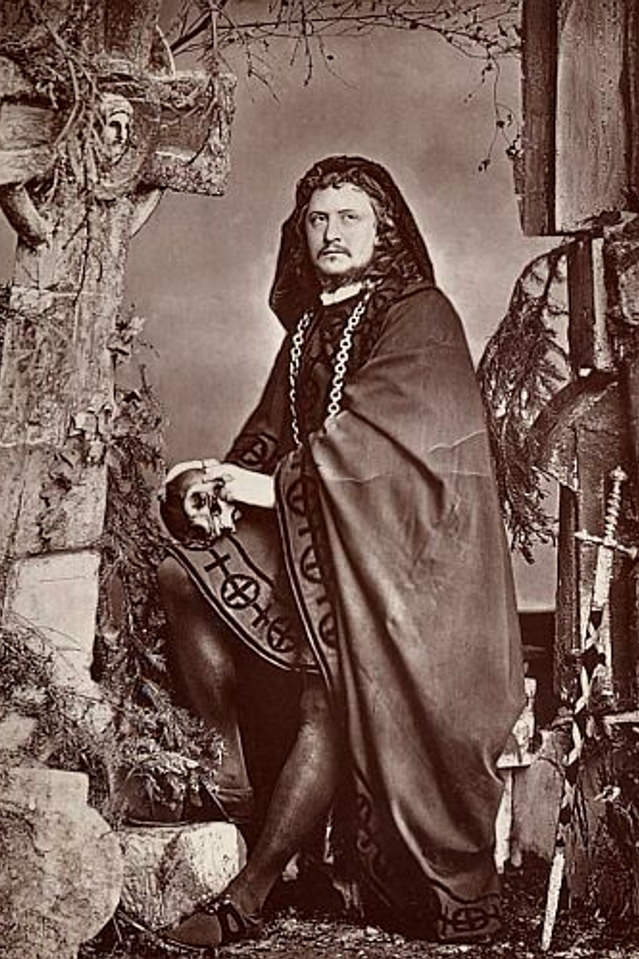Bardfilm and I have something of a game we like to play of looking for “could be Shakespeare” references in old movies. Not cases where people randomly quote Shakespeare, that’s easy. I mean moments that, in context, have nothing to do with Shakespeare but that we as Shakespeare geeks recognize could have been.
Recently I’ve been on a Gen X / 80s / Retro kick, going through the movies of my teen years, and I stumbled across Brewster’s Millions starring Richard Pryor and John Candy. Remember it? Pryor’s character finds out that he’s inherited $30 million, but if he gives it all away in a month, he’ll inherit $300 million. Of course, he can’t tell anybody (among other rules). Which leads to this scene where he tries to explain to his best friend, John Candy:
I’m gonna go crazy for a little while. People are going to think I’m crazy, but I’m not. Sound familiar?
Here, as before, never, so help you mercy,
Hamlet
How strange or odd soe’er I bear myself
(As I perchance hereafter shall think meet
To put an antic disposition on),
It’s exactly what Hamlet says to Horatio,
By itself that would just be a weird coincidence. But, dig this. He’s *just* been given the news by … a ghost. In this case, a great uncle that died and left a video-taped last will and testament. So, he’s still getting his marching orders from someone who has gone off to the undiscovered country. That’s two!
That’s still pushing it a bit, though, you say. I hear you. Then explain this? Pryor, a mediocre baseball player, makes his first phone call to his coach, played by Jerry Orbach, to tell him that he’s going to buy the team and arrange to play the New York Yankees. What does Orbach tell him?
He tells him “Nighty-night, sweet prince.”
Seriously? That’s a direct Hamlet reference (“Goodnight, sweet prince, and flights of angels sing thee to thy rest”) It has no reason to be there. Orbach’s got no context to call Pryor sweet prince. I honestly believe that the director was a Shakespeare geek who recognized the similarity in the “I’m going to pretend to be crazy but I’m not” plot and threw in an easter egg for us. Found it!



